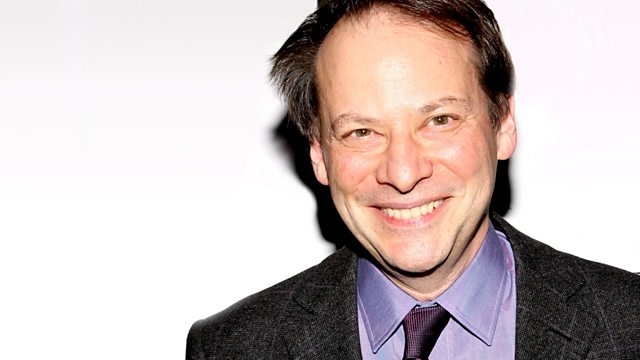On Bees and Being
Adam Gopnik muses on why Shakespeare didn't seem to know that the top bee is a girl bee. He draws lessons about the theory of knowledge and how the human mind works.
"The other day" Adam Gopnik writes, "my son was working his way through the text of Shakespeare's 'Henry V' with an eye to a student production". He read Canterbury's famous speech on how the well regulated kingdom is like a bee hive. "How could Shakespeare know that much about the division of bee-labour" he ponders "and not know that the big bee in the centre was -- a girl bee?"
Gopnik takes us - via a bunch of bee experts - on a journey of "long and buzzing thoughts". He discovers a transgendered bee in Virgil's Georgics, dressed up as a king bee. He finds himself deep in the world of the Dutch biologist, Swammerdam. "Swammerdam!" he writes. "One of those great Northern European names, like Erasmus of Rotterdam that carries its credibility within its consonants".
He draws lessons about the theory of knowledge and the working of the human mind. He rejects the notion "that thought proceeds in fortresses as ordered and locked as a beehive seems to be." In truth, he argues, "no age thinks monolithically, and no mind begins with absolute clarity ... The sticky honey of uncertainty, the buzz around the beehive's entrance - these are signs of minds at work".
Producer:
Adele Armstrong.
Last on
Broadcasts
- Fri 1 Jun 2012 20:50Βι¶ΉΤΌΕΔ Radio 4
- Sun 3 Jun 2012 08:50Βι¶ΉΤΌΕΔ Radio 4
Podcast
-
![]()
A Point of View
A weekly reflection on a topical issue.


